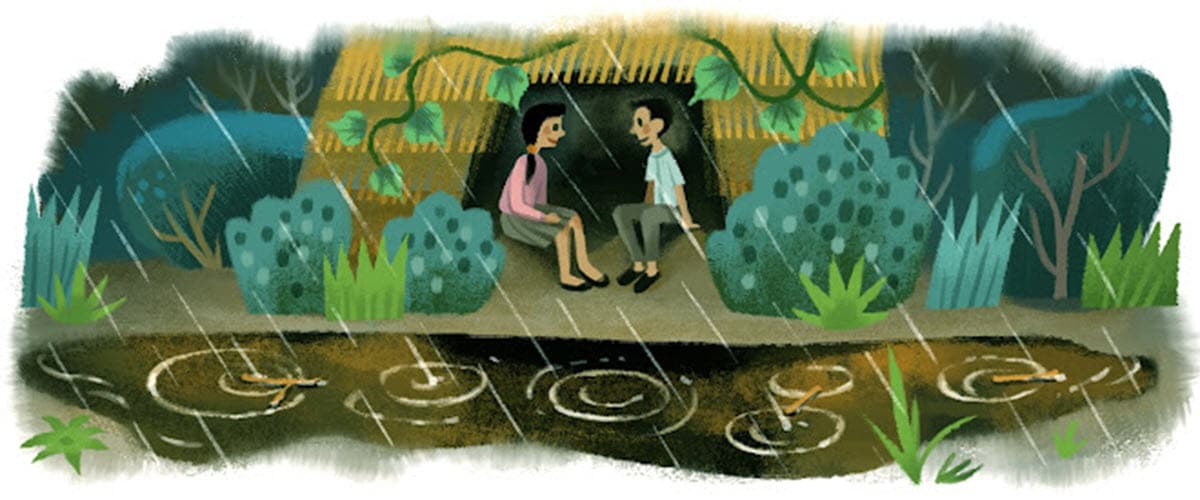Hwang Sun-won: Master of Korean Literature and Voice of the People

Image Courtesy: Google Doodle
Hwang Sun-won (26 March 1915 – 14 September 2000) was a renowned South Korean writer, best known for his literary works that depict the social and political realities of Korea during the Japanese colonial era and the Korean War.
Life and Career
Hwang Sun-won was born on 26 March 1915, in Taedong, a small town in what is now North Korea. He grew up in a scholarly family, and his father was a Confucian scholar. Hwang showed an early interest in literature and started writing poetry in high school. Hwang Sun-won began his career as a writer in the 1930s, during the Japanese colonial period when Korea was under Japanese rule. He worked as a reporter for a Korean-language newspaper and also wrote short stories and novels.
In 1946, after Korea was liberated from Japanese rule, Hwang joined the Korean Writers’ Association and became actively involved in the literary scene. He published several collections of short stories, including “The Shower” and “Cranes,” which are considered some of his most famous works.
During the Korean War, Hwang was conscripted into the army and served as a war correspondent. His experiences during the war influenced his writing and led to the publication of his novel, “Lost Souls,” which depicts the brutal realities of the war. Hwang’s other notable works include “Trees on a Slope,” which explores the lives of Korean immigrants in Japan, and “The Descendants of Cain,” which depicts the struggles of a family in post-Korean War Korea. He died on 14 September 2000.
Award and Legacy
Hwang Sun-won is widely regarded as one of the most important writers of modern Korean literature and his contributions to Korean literature have been recognized with numerous awards and honors. Here are some of his most notable awards and achievements:
- National Literature Award: In 1958, Hwang Sun-won was awarded the National Literature Award, one of the highest literary honors in South Korea, for his short story collection “The Shower.”
- Order of Cultural Merit: In 1977, Hwang Sun-won was awarded the Order of Cultural Merit, one of the highest civilian honors in South Korea, for his contributions to Korean literature.
- Manhae Literature Prize: In 1984, Hwang Sun-won was awarded the Manhae Literature Prize, one of the most prestigious literary awards in South Korea, for his novel “The Descendants of Cain.”
- Legacy: Hwang Sun-won’s works are regarded as classics of Korean literature and continue to be widely read and studied today. His contributions to Korean literature have helped to shape the literary landscape of Korea and have influenced subsequent generations of writers.
- International recognition: Hwang Sun-won’s works have been translated into many languages and have been widely read and appreciated by audiences around the world. His works have been recognized with international awards such as the Order of Merit for Arts and Literature from the French government and the Soviet Union’s Lenin Peace Prize.
Overall, Hwang Sun-won’s legacy as a writer and his contributions to Korean literature have been widely recognized and celebrated, both in Korea and internationally. His works continue to be studied, appreciated, and admired for their insight into Korean society and their exploration of universal human themes. On 26 March 2015, Google celebrated Hwang Sun-won’s 100th Birthday with a doodle.
Observer Voice is the one stop site for National, International news, Sports, Editor’s Choice, Art/culture contents, Quotes and much more. We also cover historical contents. Historical contents includes World History, Indian History, and what happened today. The website also covers Entertainment across the India and World.

